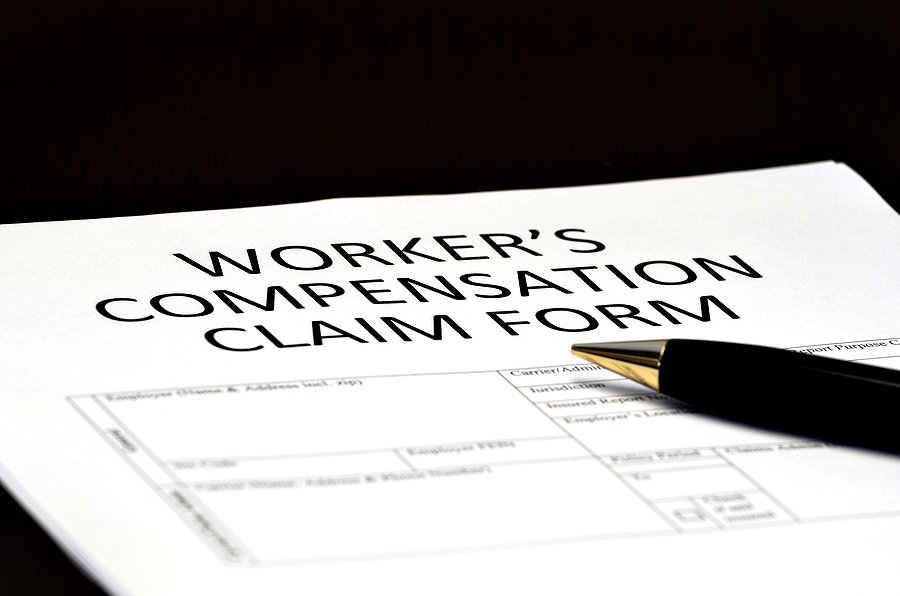In any type of employment, there is the possibility that an employee will not be able to fulfill their duties or will require a leave of absence. In these cases, an employer must terminate the employee from working with them. There are many different types of termination and this blog post discusses all of them in depth so you can learn how to handle each one correctly.
No-fault termination
One of the primary types of termination is known as no-fault termination. This means that the employer or employee does not need to give a specific reason for terminating an individual’s employment, although it must be justified in writing, usually within two weeks according to labor laws. It also needs to state when the notice was given and what type of severance package will be given.
It is important to note that in some cases, the employer will need to give a reason for termination if it has been stated or implied by an employment contract. For example, when dealing with unionized employees, employers will need to provide justification and follow procedures such as claiming economic reasons. In these types of situations, terminating someone without just cause can lead to a legal battle. When it comes to these cases, a seasoned Nashville wrongful termination lawyer suggests that you consult with a lawyer immediately to avoid any legal complications. Otherwise, you will need to make sure that the termination is justified in writing. Some employees may feel more comfortable knowing why they were terminated and others could try and argue that their employer did not follow proper procedures to receive severance pay.
Constructive dismissal
The second type of termination is known as constructive dismissal. This occurs when an employee feels that they have been treated unfairly and the work environment has become intolerable, so much so that they feel compelled to resign from their position without having any actual plans of quitting or being let go by another company. In this case, a former employee could also be eligible for unemployment benefits if they feel that their resignation was a direct result of unfair treatment.
Employees who want to avoid being considered for constructive dismissal will need to be careful about how they react during situations of conflict or tension with management and colleagues, as this could lead them down the path towards being fired from their position. This is why it can sometimes be more difficult for employees to prove that they were the victim of constructive dismissal because it depends on how they reacted in certain circumstances.

Termination for misconduct or poor performance
Another common type of termination is known as termination for good cause. This means that an employer has specific reasons to terminate someone which they can provide in writing to the employee who was terminated and potentially their union representative if applicable. These could include having concerns about an individual’s conduct, such as theft or violence, and having concerns about their performance, such as constantly missing work or not following company rules.
Depending on the circumstances of someone’s poor performance, an employer might be able to terminate them without notice if it is believed that they will also fail to follow policies in the future based on evidence that has been witnessed by a manager or documented through emails or text messages. However, this type of termination does not apply to every situation and managers or employers need to understand the limitations before taking action.
Offer of retirement
When an employer believes that there is no longer work available for their staff or they feel certain employees are more suited to retirement, they can offer them early retirement. This means that the employer will provide a specific age at which their employees should retire and this is usually stated in their contract or employment agreement. If an employee does not agree with these terms but intends on staying with the company, then it may be necessary for them to sign another legal document which states this.
If you think your employment relationship is coming to an end, it’s important to know what circumstances would allow for termination. If you have been constructively dismissed or if there has been a unilateral contract then this could be grounds for dismissal without notice. Alternatively, if the employee resigns with notice but does not return from their vacation after two weeks and they were expected back at work, this counts as resignation under most circumstances. It is important to know how you have been terminated so that you will be able to fight for your rights if any have been violated.
Image Source: BigStockPhoto.com (Licensed)
Related Categories: Work, Reviews








